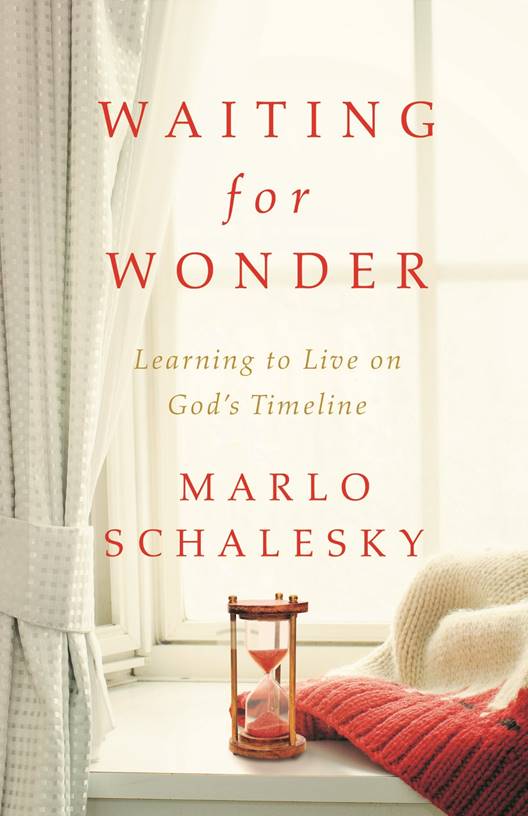Hi Friends,
Here are some thoughts from Wrestling with Wonder for this Christmas when for many things are not what we hope they'd be . . .
Many are traveling to Bethlehem for the census. Relatives are opening their homes, offering their guest rooms to extended family. Rooms are filling. Cousins and uncles and distant relatives are coming together in homes—until there’s no more room. No room for a carpenter from Nazareth, his very-pregnant wife, and the babe she will soon bear. Even though that babe is God’s own Son. But no one can help. Relatives sometimes let us down. So do friends. So do strangers. People don’t always step forward to make life easy. But neither Mary nor Luke places any blame or expectation on the residents of Bethlehem. And neither should we when others don’t step forward to make room for us. Because just as in Mary’s case, perhaps it is God’s will that his Son be born in a barn. Perhaps it’s God’s will that you find him anew in the strange, stinky, this-isn’t-right places of life. In scholarly circles, there’s much debate on what kind of animal lodging Mary went to in order to birth Jesus. We know she was with the animals because she laid him in a feeding trough. But where was the trough? Was it an animal area in the lower portion of a home with an already-crowded guest room? Was it out in the public square of town? Was it an overhang attached to a house, where animals found shelter? Was it a cave, as set forth in a tradition that can be traced back to the mid-second century? Early Christian apologist Justin Martyr, in his Dialogue with Trypho, mentions the cave, as does the Protoevangelium of James, also from the second century. Origen, in the third century, writes that the cave’s location was known, and therefore could very well be the same place where the Church of the Nativity stands today.
Wherever Jesus was laid, we know there was a feeding trough, and that where there’s a feeding trough, there are animals. And where there are animals, there’s poop and pee and flies and dirt and noise and just plain yuck.
Having a baby in a barn was never part of Mary’s birthing plan. Using a feeding trough for a crib wasn’t in the plan either. Born in a barn, wrapped in rags, laid in a feeding trough ...
that was not how it was supposed to be. How could that possibly be Mary’s vision of the birth of the King of Kings?
It wasn’t.
“If we imagine that Jesus was born in a freshly swept, county fair stable, we miss the whole point. It was wretched—scandalous! There was sweat and pain and blood and cries as Mary reached up to the heavens for help, says commentator Kent Hughes.
This birth wasn’t anything like she would have wanted or expected. It was a problem. It was all wrong. And yet, that is where she found him. That is when she first heard his cries, first held him in her arms, first encountered him in a more vivid, more wondrous way. It is here that she became the mother of the Messiah.
It is the same for you and me. Just like Mary, we take our first steps in becoming who we were meant to be in the far-from-perfect portions of life. In the difficulties, in the stink, in the places that are not where we want to be. Where we least expect it, where we least want to be, there the Messiah meets us. There he is revealed in new ways. In life’s stables—in the defeats, rejections, disappointments, in the screams of pain, the frustrations of labor, the sweat of trying and failing—Jesus is there. God is coming in a new way, to transform the barn into a birthplace of the King.
So, embrace the barn ... and find the Christ born anew in the very place where life stinks.




























